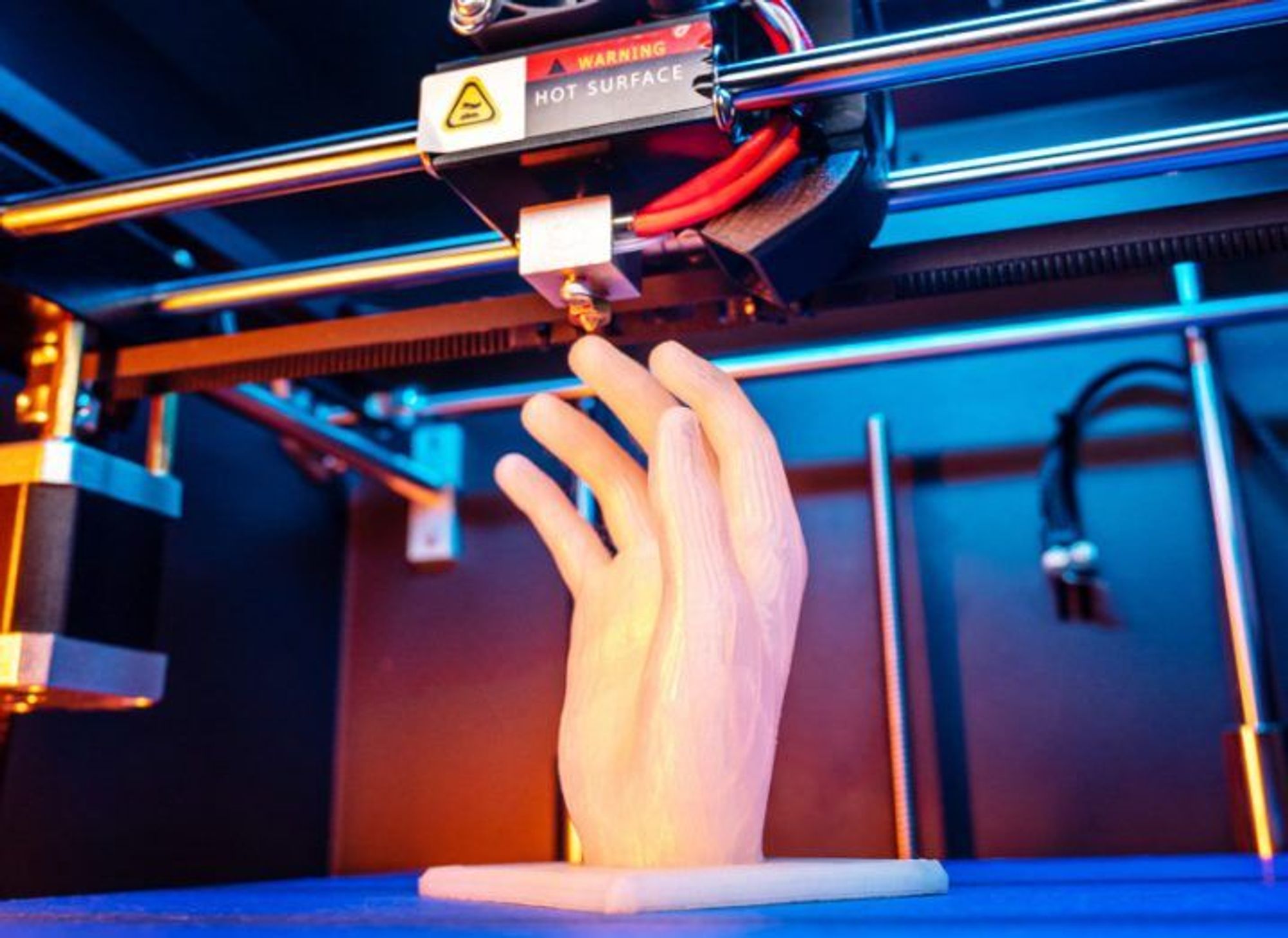
Image: © ProstoSvet/Stock.adobe.com
The researchers said they can 3D print soft robots that can be reprinted five times using a biodegradable gel.
Researchers at the Johannes Kepler University in Austria claim they have created a new biodegradable gel that can 3D print recyclable robots.
The team said the new gel – largely composed of gelatin and sugar – offers a potential eco-friendly alternative to synthetic plastics and non-renewable resources that are currently used in 3D printing and soft robotics research.
The study, published in the journal Science Robotics, noted that materials involved in soft robotics are often nonbiodegradable or stem from non-renewable resources, contributing to an ever-growing environmental footprint.
“New and rapidly changing technologies also contribute to increasing amounts of tech waste, accumulating to as much as over 100,000 tons per day in 2019,” the researchers said in the study. “Soft robotics, in particular, needs to improve in terms of sustainability due to the limited lifetime of soft materials or for applications where, for example, deployed robots cannot be retrieved.”
In order to test a more sustainable material with more stable mechanical properties, the team used their biogel used the material to print soft, finger-shaped robotic device that uses compressed air to control omnidirectional motion.
The team claimed that the biogel was not only reusable, its biodegradable materials enabled it to be disposed of with zero waste once it lost its mechanical integrity. They believe the gel can create robots that can be reprinted up to five times.
This means devices that use this sustainable biogel could be recycled and reused to build other robots that eventually degrade with minimal environmental impact.
“The thermoreversibility of the biogel allows direct reuse in subsequent printing processes. Damaged or obsolete biogel devices are therefore easily recycled by reheating the material and printing new ones,” the study said.
The team noted that increasing the level of complexity in the machines made using this gel will require more advanced actuator shapes and multimaterial combinations.
“Developing suitable biodegradable support materials will solve these issues in combination with multimaterial printing,” the team noted in the study.
Funding for the research was provided by the European Research Council, as part of Horizon 2020.
Don’t miss out on the knowledge you need to succeed. Sign up for the Daily Brief, Silicon Republic’s digest of need-to-know sci-tech news.
